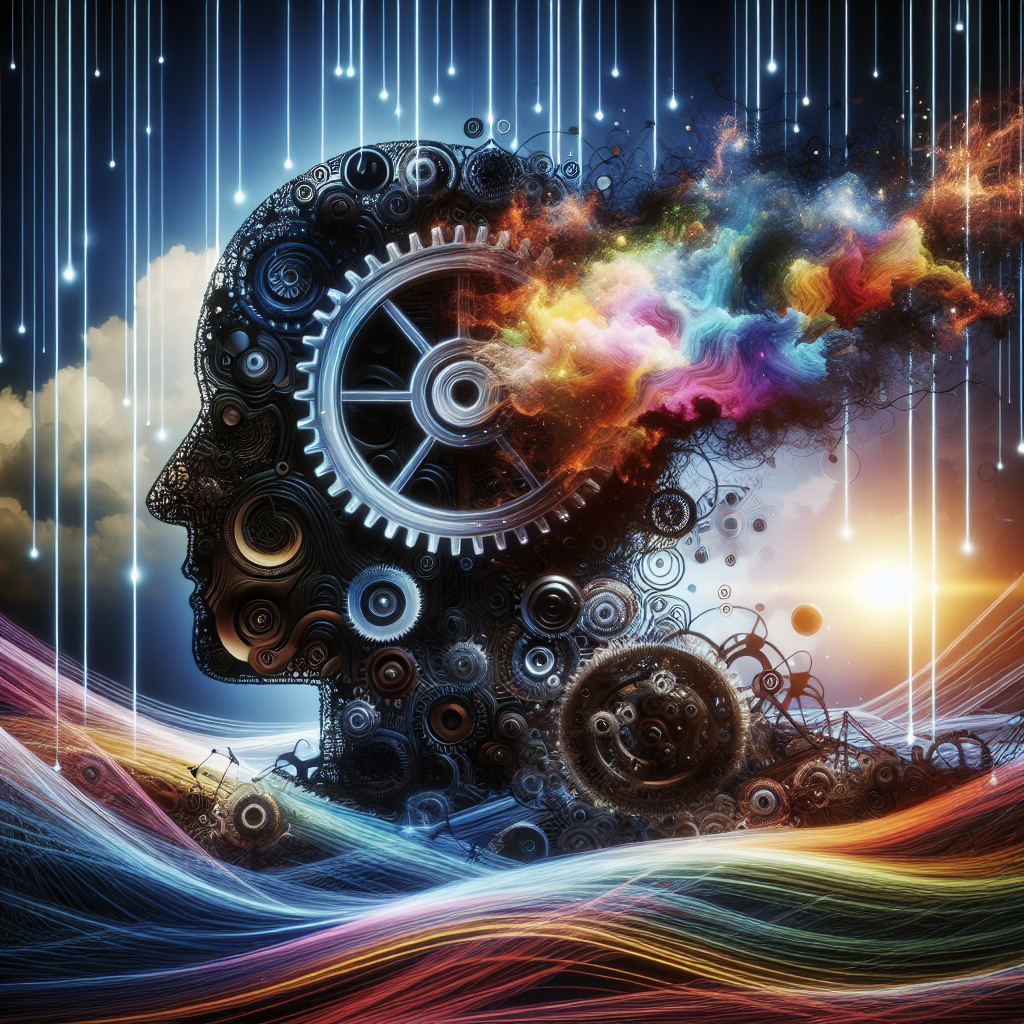Navigating the Nuances of AGI: Beyond Chess, Go, and IMO Golds
The quest for artificial general intelligence (AGI) has been a winding path, lined with both incremental advancements and paradigm-shifting breakthroughs. In a landscape where definitions of AGI vary as widely as the techniques used to inch closer to it, the conversation often becomes mired in the technicalities and theoretical implications of every milestone reached. The lines between specialized AI and AGI blur as machines begin to outshine humans, not just in well-defined games like chess and Go, but also in realms requiring profound creative problem solving, such as the International Math Olympiad (IMO).
The Elusive Definition of AGI
Understanding AGI begins with acknowledging the ambiguity that shrouds its very definition. Different experts offer disparate descriptions, but the crux of the matter is the leap from highly skilled AI - proficient within certain boundaries - to an intelligence that can rival human cognition across a vast array of domains. This transition, as some would have it, represents a seismic shift, a distinct boundary where AI evolves into AGI.
However, this dichotomy between what is AGI and what's not might be a false narrative. Instead, the evolution of AI capabilities appears to be on a continuum. GPT-4, for instance, represents an era where a single training algorithm can address an extensive breadth of tasks, suggesting a form of generality that was once thought impossible.
The Anthropomorphization of AI
As we personify these technological marvels, it's tempting to lay down human-like benchmarks for measuring their intelligence. We applaud their conquests in academic competitions, and ponder whether securing a gold medal in the IMO signifies an AGI. Yet, this approach might be a red herring, for the skills required to solve IMO problems do not necessarily translate to the broader spectrum of "intelligence" as we understand it in a human context.
The discussion around AGI is rife with anthropomorphism, which leads us to measure machine intelligence by human standards. But should we expect AI to follow the same developmental paths we do? When an AI can produce solutions that appear to ooze creativity, mimicking what we perceive as uniquely human ingenuity, we stand on the brink of redefining what it means to be intelligent, both organically and artificially.
Creative Problem Solving: A Benchmark for AGI?
Diving into the intricacies of creative problem solving, a domain long considered the stronghold of human intellect, we encounter the complexities that make tasks like the IMO so daunting. These problems often require abstract thinking, a deep conceptual understanding that goes beyond the concrete and into the realm of pure creativity.
Is reaching gold in the IMO akin to conquering this final fortress of human intellect? Or is it, as suggested, more analogous to AGI mastering games like chess or Go, where despite the apparent creativity required, the problem space is bounded and well-defined?
The Economic Impact of AGI
[Insert link to background information on AI and its economic implications].
The implications of AGI on the economy and the job market are an ever-pressing concern. As AI models become better than most people at certain tasks, we wonder when they will reach a point of being able to replace humans on a large scale. The distinction between impressive AI problem-solving and AGI taking over substantial fractions of human labor is significant. The step from assisting with math problems to replacing entire job sectors requires more than just a longer context window; it demands a paradigm shift in how AI relates to and understands the human condition.
AGI: A Continuum, Not a Threshold
There's a prevailing sentiment that AGI will not emerge as a discrete phenomenon but rather as yet another point on the continuous spectrum of AI progress. The journey toward AGI may not culminate in a single eureka moment but instead consist of a series of achievements across different domains, each impressive in its own right.
The debate on whether securing a gold medal in the IMO equates to AGI misses the forest for the trees. It narrows the focus to specific problem-solving abilities, rather than considering the broader, more intricate tapestry of intelligence. AGI might not hinge on winning math contests or replacing human jobs but on the cultivation of an intelligence that can perceive, understand, and interact with the world in all its complexity - mirroring the diverse and intricate nature of human intelligence.
In conclusion, the journey to AGI is one of profound complexity and subtlety, defying clear-cut definitions or benchmarks. As technology advances, so too do our perceptions of what constitutes general intelligence within the realm of AI. What remains clear is that the path towards AGI will continue to challenge our understanding of intelligence, creativity, and the very nature of human uniqueness.
Related News
- Unraveling the AGI Paradox: Navigating the Continuous Landscape of Intelligence
- The Race to AGI: Navigating the Treacherous Path Beyond GPT-7
- The Strategic Blueprint for Achieving Artificial General Intelligence: Leveraging the World's Knowledge
- The Challenge of True General Intelligence in AI
- Navigating the Future of Artificial General Intelligence with Shane Legg
